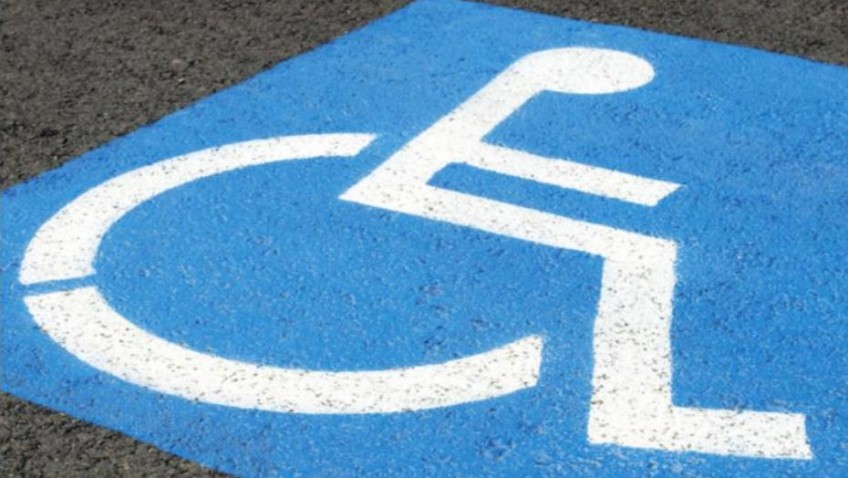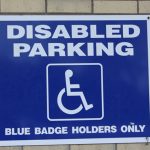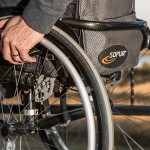If you are disabled, you may be able to park in restricted areas under the Blue Badge scheme. Your badge will relate to you and not your vehicle. This means that you can use it in any vehicle you’re travelling in, including taxis and hire cars.
How does the scheme work?
Blue Badges allow those with severe walking disabilities to park in restricted areas. For example, you can park for free and for any length of time at on-street parking meters and on-street pay and display areas. People who are registered blind and who have severe disabilities in both upper limbs may also be eligible.
While the Blue Badge scheme runs throughout the UK, it is administered by local authorities in England, who issue the badges. It is also run by local authorities in Wales and Scotland, and the Department for Regional Development in Ireland.
This means that while the rules on eligibility are the same throughout England, the rules about where you can use the Blue Badge may vary, depending on where you are. You should always check whether the scheme operates before you park using it.
The Blue Badge may also be used in other European Union (EU) countries. Each EU country has its own rules on where the badge can be used.
Some people can get a Blue Badge automatically. This is called being eligible without further assessment. You fit into this group if one or more of the following applies if you:
• are registered blind
• receive War Pensioners’ Mobility Supplement
• are in receipt of the higher rate of the mobility component of Disability Living Allowance (DLA)
• receive the mobility component of Personal Independence Payment (PIP) and you scored at least 8 points in relation to the ‘moving around’ activity in the PIP assessment
• have been awarded a lump sum benefit from the Armed Forces Compensation scheme (tariffs 1 to 8). You have also been certified as having a permanent and substantial disability which means you can’t walk or find walking very difficult
• receive a government grant towards your own vehicle.
If none of these apply to you, you may still qualify. This is called being eligible subject to further assessment, and will apply to you if you meet one of these criteria:
• you have a permanent and substantial disability which means you can’t walk or find walking very difficult
• you have severe upper limb disabilities in both arms, drive a motor vehicle and have difficulty using parking meters.
How are you assessed?
If you are deemed eligible subject to further assessment, your local authority will look at the evidence of your disability to decide whether you will qualify.
You may need to have an independent mobility assessment. If you have applied for or held a Blue Badge previously, your GP may have carried this out. Assessments now have to be carried out by an independent mobility assessor. This is usually a medical professional such as an occupational therapist or physiotherapist, who has never treated you before.
If your local authority wants you to have a mobility assessment, it will refer you to the assessor. You will not be charged for this assessment.
You may not have to undergo an assessment if your council says it’s very obvious that you are eligible or ineligible.
How to apply
There is now a way to apply for a Blue Badge online using the link on the Direct Gov website. You can also do a quick online check to see if you are eligible for a Blue Badge on the Direct Gov website at www.gov.uk/apply-blue-badge
If you would prefer to apply using a paper application form there is one. You will need to contact your local authority for the most up to date version.
If you’re refused, your council should tell you why you’re not eligible and you can ask them to reconsider your case if you don’t think all the important information you provided was taken into account. You can also re-apply if your mobility problems become more serious in future.





